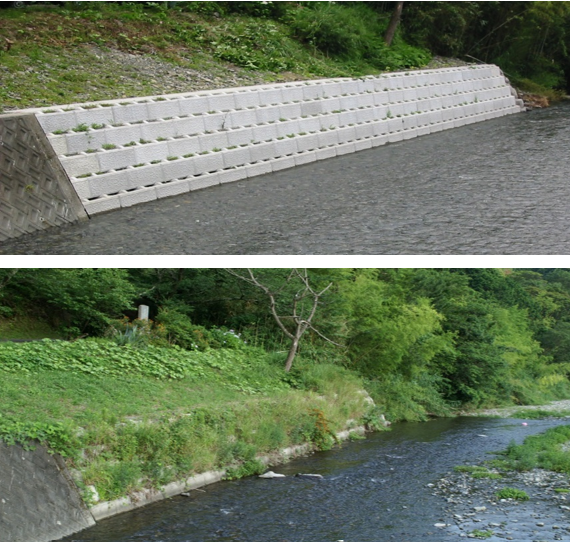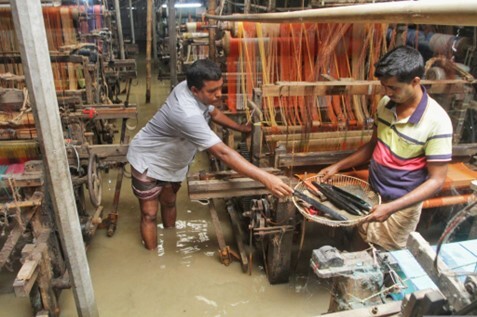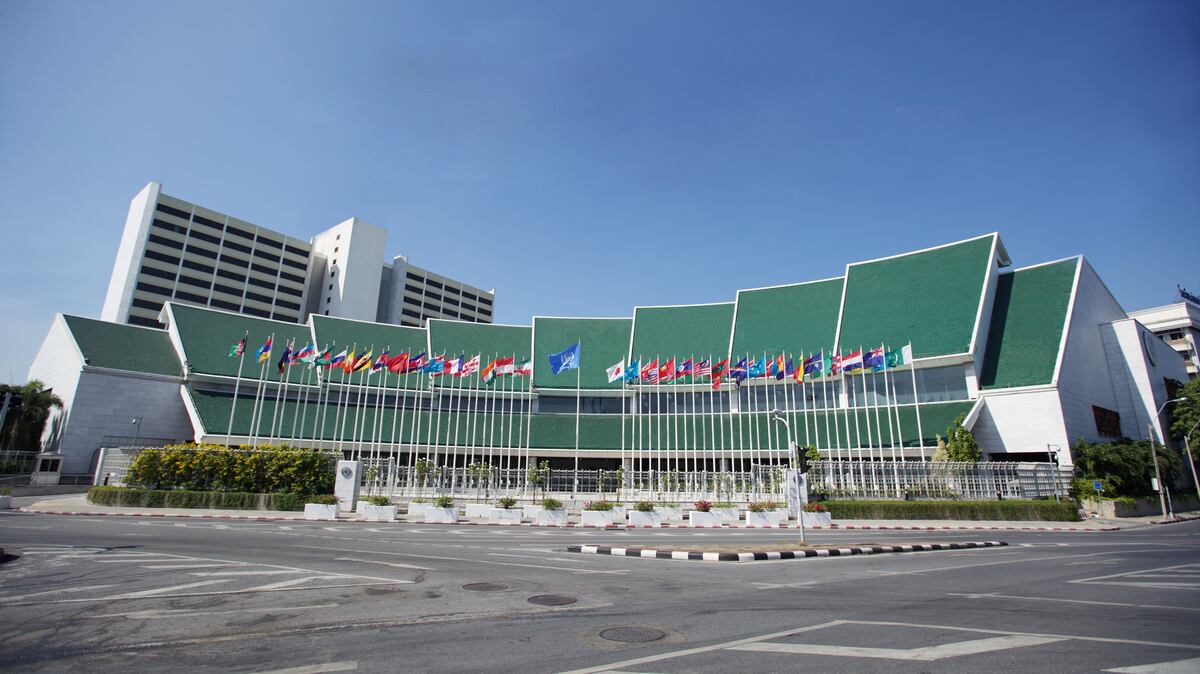
by ESCAP
BASIC INFORMATION
Overview
The Economic and Social Commission for Asia and the Pacific (ESCAP) is the most inclusive intergovernmental platform in the Asia-Pacific region. The Commission promotes cooperation among its 53 member States and 9 associate members in pursuit of solutions to sustainable development challenges. ESCAP is one of the five regional commissions of the United Nations.
Headquarters: Bangkok, Thailand.
Established: 1947
Mission
The ESCAP secretariat supports inclusive, resilient and sustainable development in the region by generating action-oriented knowledge, and by providing technical assistance and capacity-building services in support of national development objectives, regional agreements and the implementation of the 2030 Agenda for Sustainable Development. ESCAP also provides support to partners at the national level.
Summary of Key Activities
- Activity 1: Capacity building
- Activity 2: Thought leadership
- Activity 3: Consensus building
Activity 1
The Risk and Resilience Portal, under the Asia-Pacific Disaster Resilience Network, has been established to deepen policymakers' understanding of cascading risks from the disaster-climate-health nexus, provide evidence-based analytics to strengthen regional cooperation frameworks to conduct and produce actionable risk assessments, and strengthen the capacity of multiple sectoral ministries to develop risk-informed planning and budgeting.
Case for Activity 1
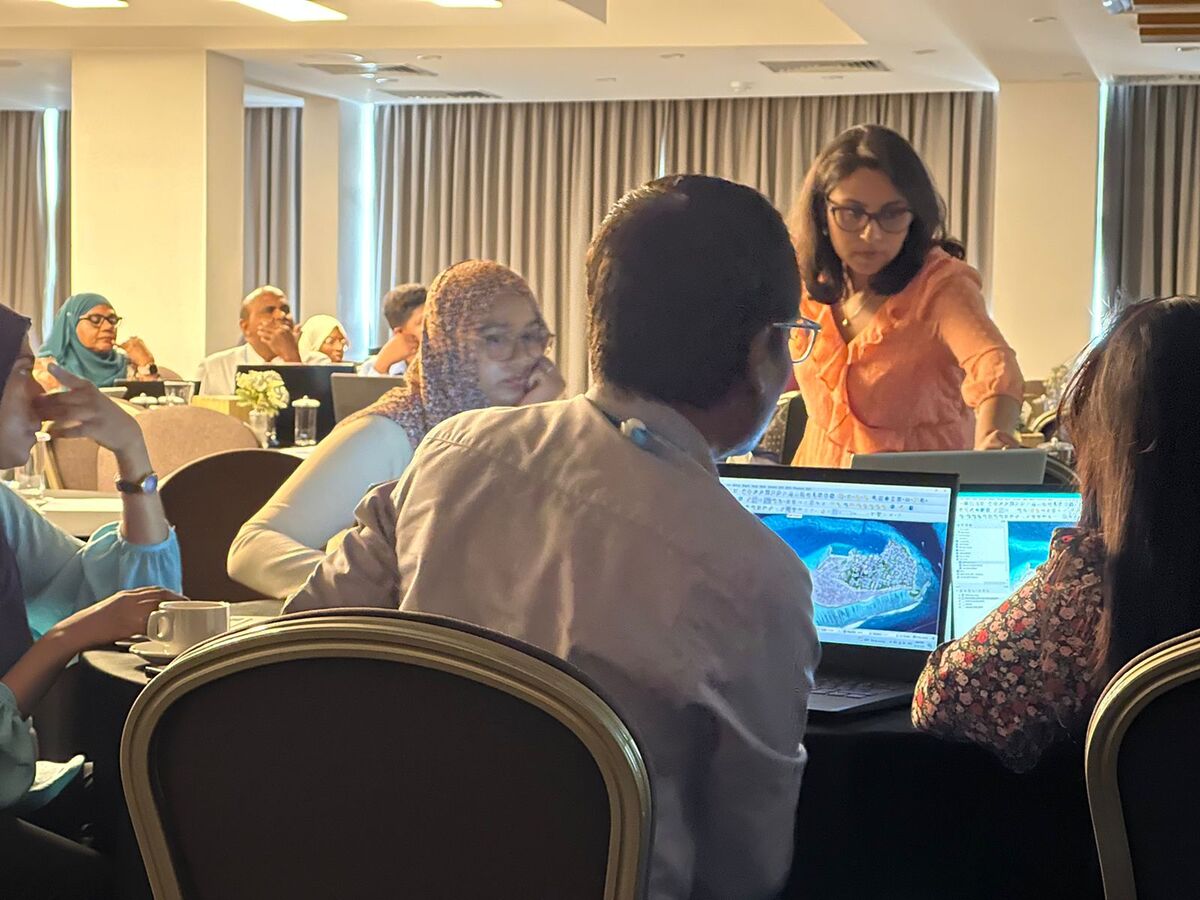
As part of the Maldives-UN Joint Project titled “Strengthening National and Subnational Capacity for Sustainable Disaster Risk Reduction, Climate Change Adaptation and Mitigation in Maldives”, ESCAP customized the Risk and Resilience Portal by utilizing the downscaled climate projection data kindly provided by AP-PLAT with a 5 km spatial resolution to conduct a more granular analysis of hazards from drought, flood, surface wind and sea level rise and their impact on the population, infrastructure and other exposure, which contributed to the policymakers’ better understanding of climate risks.
Activity 2
The Asia-Pacific Disaster Report (APDR) is a biennial publication of the United Nations Economic and Social Commission for Asia and the Pacific. The reports aim to deepen understanding of disaster risks and their implications on sustainable development in the Asia-Pacific region. The reports offer innovative policy options and tools to meet the challenges that the region faces from natural hazards. They are aimed at policymakers, practitioners, experts, academia, business, international agencies and non-governmental organizations working or interested in these issues in the Asia-Pacific region.
Case for Activity 2
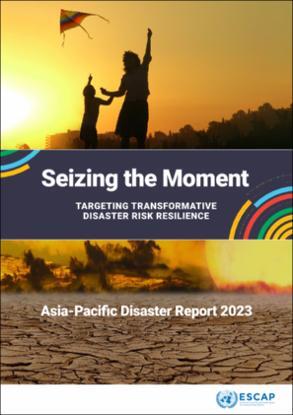
The Asia-Pacific Disaster Report 2023 demonstrates that the existing disaster risk hotspots are forecasted to face more frequent and intense disasters and new risk hotspots are expected to emerge. To protect people and the development gains, the report urges transformative adaptation measures, including increased investments in multi-hazard early warning systems, innovation and scientific breakthroughs capable of advancing early warnings and nature-based solutions. The report also makes the case for scaling up regional cooperation to ensure disaster resilience is never outpaced by disaster risk in Asia and the Pacific.
Activity 3
As a subsidiary body of the Economic and Social Commission for Asia and the Pacific, the Committee on Disaster Risk Reduction is the intergovernmental legislative forum on disaster risk reduction. The issues listed below are the primary issues to be addressed by each committee.
- Regional cooperation for multi-hazard disaster risk reduction and mitigation, climate adaptation, and resilience;
- Regional cooperation mechanisms for strengthening disaster risk management and resilience-building;
- Integrated multi-hazard risk assessment, preparedness, early warning and response to disaster risks, including mitigating cascading risks related to biological and other natural hazards, including through the use of innovative technology tools;
- Disaster information management and multi-hazard early warning, including for sand and dust storms.
Case for Activity 3

The Eighth session of the Committee on Disaster Risk Reduction was held from July 25th to 27th, 2023. The Committee was charged with addressing the following issues: (a) targeting transformative adaptation; (b) Building resilience to compounding and cascading risks and highlighting the Midterm Review of the Sendai Framework for Disaster Risk Reduction (2015-2030); (c) regional plan of action to achieve early warning for all by 2027 in Asia and the Pacific; and (d) status of regional co-operation efforts.
Contact Detail
ESCAP-DRS <escap-drs@un.org>

